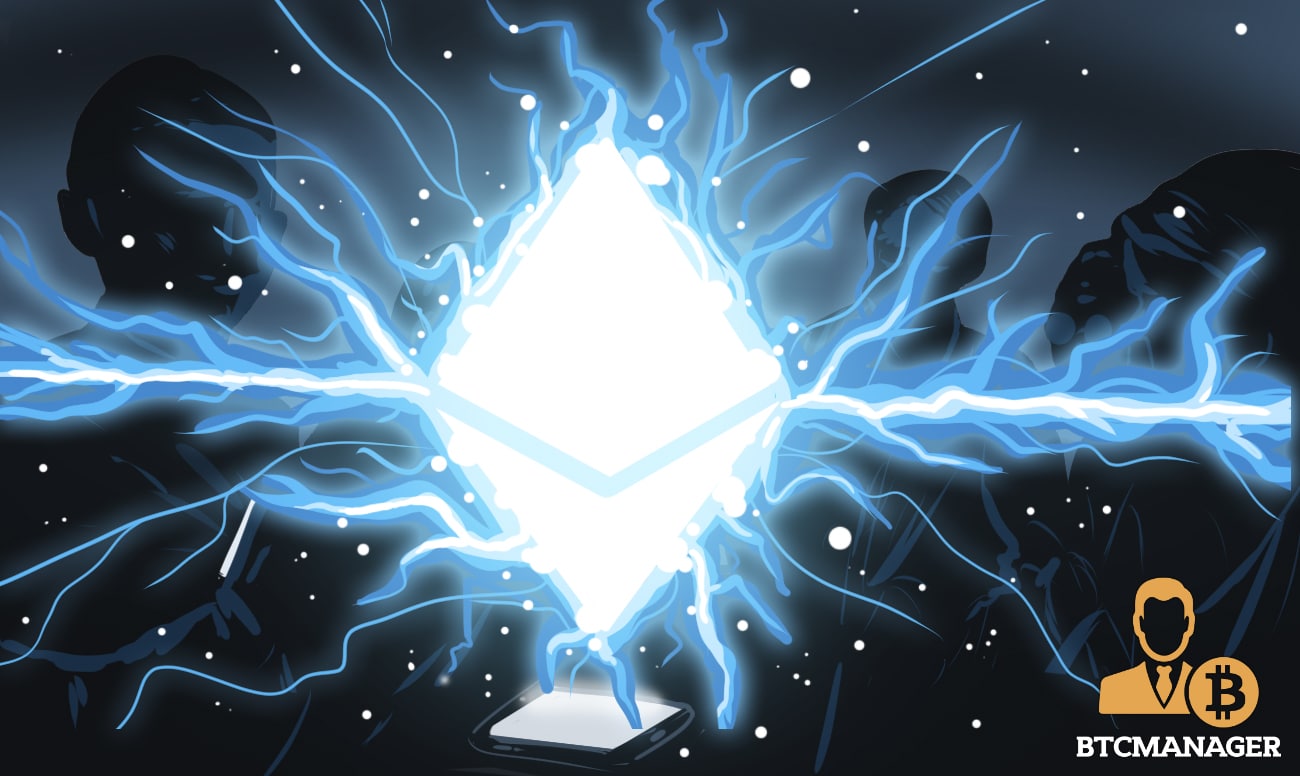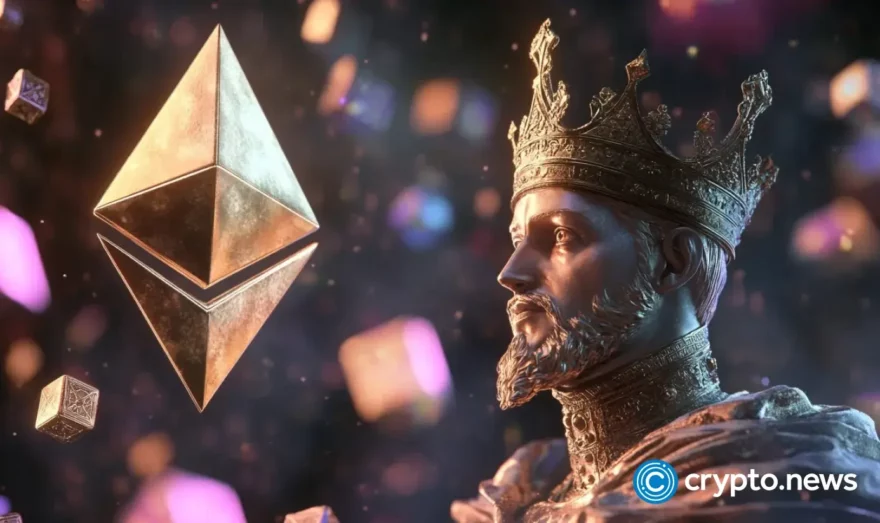As ETH 2.0 Edges Closer, Ethereum Prepares for Istanbul Hard Fork

The Ethereum network will be undergoing a network upgrade, or a hard fork on approximately December 7, 2019, at block number 9,069,000. All node operators and miners are requested to upgrade their node clients to account for variable block times. Users holding ETH on exchanges or wallets need not take any action unless directed to do so by the wallet provider, November 20, 2019.
Next Hard Fork on the Horizon
Less than a year after the Constantinople hard fork, the Ethereum community is gearing up for the next network upgrade, named Istanbul.
A number of changes are being implemented, some more controversial than others. The least contended is EIP 1072, which entails upgrading the Ethereum Virtual Machine (EVM) to Web Assembly (WASM) code for flexible programming and building.
Ethereum and ZCash will now have a high degree of interoperability thanks to EIP 152 and 2028. The former focuses on using Equihash Proof of Work (ZCash’s mining algorithm) to verify an Ethereum contract, which allows for atomic swaps between both chains. The latter EIP enables easier implementing of zero-knowledge proofs.
Initially, it was believed that the highly contested ProgPoW algorithm would be integrated on the Istanbul hard fork, but the roadmap suggests otherwise. Many community members voiced their opposition for this algorithm, and its inclusion could lead to a contentious hard fork.
Lastly, EIP 1559, which enables a more stable and predictable fee market, was hoped to be ready by the time of Istanbul but is not likely to go live in this upgrade.
Pointless Hard Forks?
By now, those deeply locked in to the cryptosphere knows that Ethereum plans to implement Proof of Stake in January 2020. Phase 2 of this plan, which is its final iteration, is at least 2 or 3 years away, and has led to many researchers and developers choosing to grow the PoW chain in tandem.
Many see this as a waste of resources, and their view is indeed coherent. If Ethereum is shifting to 2.0, what is the point of ETH 1.x?
The logical reason for this is that ETH 2.0 is an experiment, and maintaining the current Ethereum chain in case of a contingency is a given. So instead of just focusing on upgrading ETH 2.0, developers have also put their blood, sweat, and tears into 1.x.















